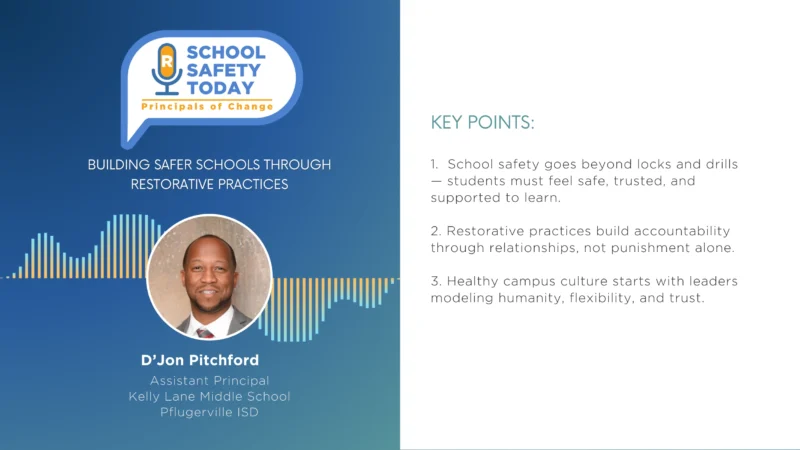As Math Proficiency Scores Decline Nationwide, How Should Curriculum Shift?
Disruptions to education during the pandemic had a serious impact on knowledge retention and student performance, and it’s bearing out in assessment numbers. Whether it’s a fault in the test themselves, a byproduct of COVID, or a mix of both, mathematics is one of the subjects affected the most.
A study from the National Assessment of Educational Progress found math proficiency was worse in today’s 13-year-olds than almost a decade ago. In Mississippi, math proficiency fell 12.3% from 2019. In more than a third of Colorado’s school districts, not even 20% of students met mathematics expectations. This is just scratching the surface of recent studies across the US, but they all point to a major disconnect between educational recovery and math performance.
What is to be done? Can educators rethink their approach to math instruction in a way that keeps education individualized and accounts for COVID’s learning losses? Kevin Dougherty, Senior Director of Sales at zSpace, pulls from his years of experience in the space to offer insights, important anecdotes, and strategies on MarketScale.
Abridged Thoughts:
In my opinion, this issue of declining math performance and the building of strong math understanding and ability. Has reached near crisis level both nationally and internationally. And as I think about the solution to this issue, I think it’s not so much about what is taught, whether it is taught in person or online and whether the content is provided for free or is a paid content service. It’s rather more about the how mathematics is taught, and this begins at the elementary level. If we are teaching mathematics in isolation and primarily focusing on math skill development, then many students will not see the practicality, purposefulness and the relevance of the learning that they’re being asked to do in math. And the result is a declining interest in mathematics, as well as declined performance. And even worse yet, a student can develop a I’m just not good at math mentality. So I’d like to share with you a personal illustration of this. I am a former principal and teacher, taught mathematics for several years and worked with teachers who were math teachers. When I was an assistant principal and principal.








